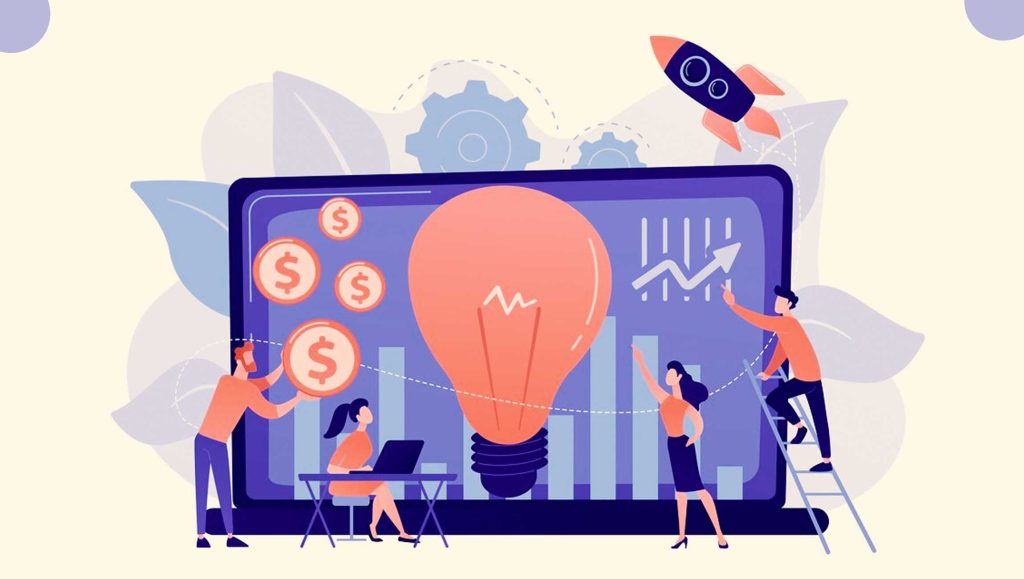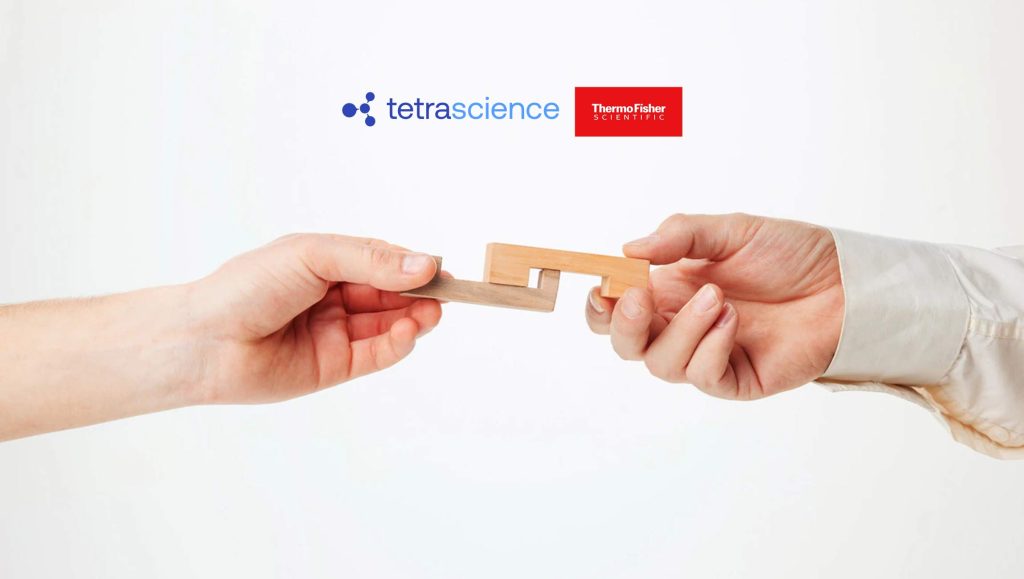We thrive in a dynamic world where marketing and sales play a prominent role. Both are an essential function of any business. These functions have undergone a profound transformation over time. Sales is driven by rapid advancements in sales technologies, shifting consumer behaviours, and the demand for tailored customer experiences.
Here we will explore what the future of sales looks like, including the emerging sales technologies and effective strategies that can define the next decade of sales for you.
Digital transformation and salestech
Sales technology has rapidly transformed the way we used to do business. Customer segmentation tools let you segment customers according to their preferences, while real-time tracking tools allow you to monitor customer activity and their services accordingly.
The current landscape of sales tech is characterized by a variety of solutions that are user-friendly, accessible, and reliable. It enables omnichannel sales experiences by integrating multiple sales channels like social media, mobile, website, online, and offline into a unified platform to offer a seamless customer experience. The advanced tools leverage big data and analytics to let you understand customer behaviour and ongoing as well as future trends to make informed decisions. Finally, automation in sales leads to automating repetitive tasks that frees up the time of sales teams to focus on strategic activities. Furthermore, natural language processing lets you derive meaning from cluttered data sources, like social media posts.
Until now, sales tech has played an instrumental role in increasing efficiency and productivity. So, what does the future of sales tech look like?
The Future of Sales Tech: Emerging Sales Technologies of Tomorrow
The future of sales tech heralds electrifying transformations. If you want to compete in this dynamic environment, you must maintain your companionship with constant evolution and boundless dynamism. Here are the technologies at the threshold of sales tech innovations in 2025 and beyond:
“By 2025, Gartner expects 80% of B2B sales interactions between suppliers and buyers to occur in digital channels. B2B buying behaviours have been shifting toward a buyer-centric digital model, a change that has been accelerated over the past couple of years.”
More efficiency through automation
Sales technologies have definitely evolved in the past decade, where businesses could automate their sales process and drive efficiency. Going forward, automation in sales tech streamlines customer segmentation by identifying similar buying patterns across various groups of customers. It allows you to create targeted campaigns for each segment, increasing your reach and marketing efforts. Automated processes reduce human errors, leading to high accuracy rates when analysing customer insights.
Leveraging AI and machine learning, sales teams can extract valuable information from large datasets without the need to manually add them in spreadsheets. Similarly, automating various parts of the sales process allows your sales reps to engage with the customers directly, leading to increased loyalty and repeat purchases.
You can integrate modern sales technology into your business ecosystem and improve operational efficiencies while maintaining high levels of customer satisfaction.
More Insights From Gong and The SalesStar Podcast
Episode 214: Balancing the AI, Automation and Human Connect in Revenue and Sales, with: Shane Evans, Chief Revenue Officer at Gong
Drive conversions with more personalization
In 2025 and beyond, we will see hyper personalization of the buyer’s experience cycle. Today, buyers expect personalized recommendations right from the first interaction. And to create such an experience, you must analyze custom sales assets and the history of their interactions. As more and more customer interactions are digitized, sales reps must align all their activities as per the buyers’ preferred engagement channels.
This journey of personalization follows a number of stages. Sales tech steps in to track the user preferences, run suitable sales campaigns, and user follow-ups by sharing sales assets and reports to make the next campaign better. Utilizing various tools can improve your sales workflow and result in higher revenue.
More AI in sales tech
AI has disrupted all the organizational functions, and sales tech is no different. But AI depends on a lot of data—we mean a lot of it. AI, along with machine learning, natural language processing, and deep learning, can perform cognitive tasks similar to what humans can do but more efficiently.
Within sales tech, these technologies can analyze large data sets and extract insights from the data using their advanced computational power. And these insights are useful in making sales predictions and decisions. The daily amount of data collected by a sales team is too much to manage by a human, and that’s where AI steps in.
It has the potential to wade through an unfathomable volume of data, organize it well, and present it for you to use. The insights help your sales teams with lead generation, sales forecasting, real-time marketing, enhanced productivity, and communication with customers.
Wrapping Up
The sales tech terrain is shifting. Embracing the evolution is not an alternative; it is imperative. It is high time that your business adapts, innovates, and keeps customers at the heart of every sales campaign.





















